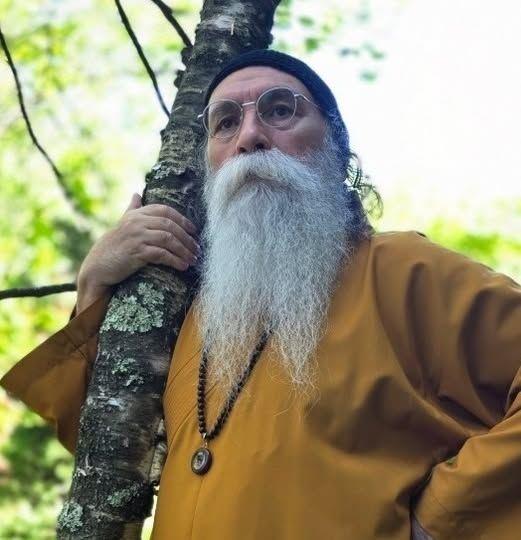“There is a moment—not always obvious, but decisive—when the compulsion to accumulate weakens and the need to understand imposes itself with silent force. The desire remains, but its orientation is transformed. It ceases to be driven by quantity and begins to seek direction. It no longer aspires to excess, but to truth. This vital inflection does not usually manifest itself with spectacular gestures or fireworks. It bursts into the ordinary: into the emptiness that follows a goal achieved, into the unease that follows a meaningless celebration, into the fatigue that cannot be explained by physical exertion alone. In this unscheduled interruption, a question arises that, although it has no definite form, demands an answer.
My friend, the search for meaning does not consist of avoiding suffering or idealizing joy. It implies, first and foremost, a willingness to listen. Listening not in the passive sense, but as an act of radical attention to that which has been buried by the demands of others, unconscious repetitions, and narratives that one has accepted without having chosen them. As Søren Kierkegaard points out, truth is not imposed from outside; it is appropriated through existential internalization. Authenticity, then, is not equivalent to arbitrary self-assertion. It is a form of responsibility to what has been clearly and lucidly recognized as true.
In a historical context marked by acceleration, simulation, and the imperative of visibility, choosing an authentic life is an act of resistance. It is not a matter of ideological opposition, but of silent fidelity to a truth that does not need to be justified. Rejecting prefabricated scripts requires the courage to declare, “This does not represent me.” But it also requires accepting, “This commits me, even if it makes me uncomfortable.” As Friedrich Nietzsche wrote, “He who has a why to live can bear almost any how.” However, that why is not inherited: it must be discovered and chosen or elected. Meaning is not achieved like solving an equation. It is cultivated, as Zen master Dōgen observes, in the way one walks, eats, speaks, and works. It does not require heroic gestures. It dwells in consistency without witnesses, in words that do not betray, in silent decisions. In this mode of presence, time ceases to push forward. It begins to unfold as a livable space. Heidegger put it precisely: it is not a matter of occupying time, but of “dwelling” in it from being.
Authenticity is not about being right or obtaining external validation. It is about reconciling oneself with what one has become. It is not about belonging to all environments, but about finding a place where it is not necessary to pretend. Laozi teaches that “the wise man does not show off, and therefore shines; he does not justify himself, and therefore convinces.” Authenticity does not seek applause. It generates silence. And in a world saturated with noise, that silence is the unmistakable sign of a presence that does not need to impose itself.
Seeking meaning is not a luxury reserved for exceptional moments. It is a structural necessity of existence. Living authentically is not an occasional privilege. It is a constant demand. It requires decision, renunciation, and vigilance. And when you fail, start again. And when you lose your direction, stop. Sometimes, it is enough to stop running away from silence to begin to see. As Simone Weil said, “Attention, taken in its highest sense, is the purest form of generosity.”
And then, without artifice or effort, life begins to reflect soberly who one is. And in that discreet correspondence between being and living, time ceases to be a race. It becomes a dwelling place.”
Prabhuji




